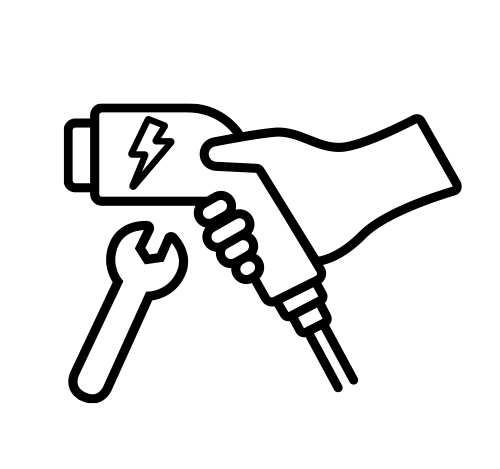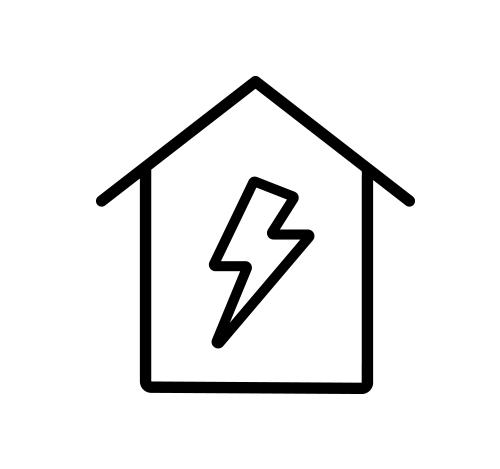
Surveys
Looking for the best EV charging station or system for your needs? Considering the electrification of your heavy-duty fleet? Or perhaps you have already purchased your first fully electric vehicle?
A professional survey of your needs, facilities, and electricity connections is a good way to clarify the opportunities and limitations of your current places of business.
Our survey is a paid service where we or our authorised experts systematically review your current needs and near-term plans for electrifying your fleet. We analyse your current electricity connection, total electricity consumption, and possible upgrades, including costs, for your location. We provide you with a final report of the survey that presents all the information in a clear and understandable manner.
Your fee will be refunded with your purchase of charging equipment.

Charging system design
We specialise in the electrification of heavy-duty fleets and versatile EV charging devices and systems. Our solid experience comes from having delivered over 30 MW of charging power and 500 charging points.
You can rely on our experts to design the perfect charging solution for your needs. Our design service includes determining the charging power requirements, choosing the right equipment, specifying the electricity connections, and a preliminary implementation and project plan.
Looking for the right charger? Browse our devices here.

Installation
Our specialists and authorised subcontractors deliver professional installation services on schedule for all EV charging stations and larger charging systems.
We provide a turnkey service for the whole installation project. This means our customers only need to sign one contract, work with one project manager, and pay one fixed price for their project – whether it is the installation of a single charger or the charging services of a bus depot or logistics centre with S1 operator authorisation.

Maintenance and servicing
All powerful charging equipment requires regular maintenance.
Continuous high-power charging stresses the power supply modules and other electrical components, and connectors and cables see heavy use in depots. The connector locking mechanism is more liable to freeze if temperatures fluctuate between warm and freezing.
Regular professional inspections and maintenance programmes ensure that the charging systems – and therefore vehicles – keep working every day. We offer periodic maintenance services and full maintenance and servicing agreements for the equipment we deliver.

Electricity connections
Heavy-duty vehicles require plenty of power to charge, meaning high-power chargers.
In practice, charging power at most bus depots starts at 350 kW. Future plans and expandability should be considered from the purchase of the first fully electric trucks and buses.
There are two main types of electricity connections, and most properties have conventional 400 V three-phase power, which is a low voltage connection. Depending on the distribution network operator, the connection’s capacity ranges from 3 × 630 A to 3 × 1,000 A. These connections can provide a maximum output of 720 kW.
Larger sites always require a medium voltage connection. Medium voltage connections must have a local transformer substation installed on the property or nearby, connected to the 10 kV or 20 kV distribution network. The distribution network operator may provide only the connection or allow the customer to purchase the substation as well. With growing needs, a rented substation may prove to be the optimal solution in terms of cost and performance.

Technical building services
Other electrical systems at the property, such as a depot, should be reviewed when electrifying heavy-duty fleets.
There are several regulations and obligations for the proprietor regarding the technical building services of properties, industry, and different production facilities. We can handle all of these for you to achieve full compliance.
For example, common issues include operational control of electrical equipment (always required for medium voltage connections), standby set and uninterruptible power supply maintenance, emergency lighting centres, and compensating equipment. Energy efficiency has also become very important with the volatility of the price of electricity.

Consultation
Our strong experience in the electrification of urban transport combined with our electrical engineering professionals and our group’s role as an electric bus importer, dealer, and charging solution provider makes us a unique operator on the Finnish market.
We also wish to share our expertise with companies who are only now considering or preparing the electrification of their fleet. Our experts can help you define your charging needs: when and where your fleet needs power, how chargers should be positioned, what charging options there are for the available vehicles, and all matters concerning charging infrastructure and electricity connections.
Contact us so we can work out a suitable introduction programme or project plan for your business.

Financing
The electrification of heavy-duty fleets requires considerable investments in both the vehicles and their charging systems.
Transport operators are of course familiar with purchasing vehicles and estimating their running costs. What is often unclear with EVs are the new types of costs associated with chargers, electricity infrastructure, and especially the electricity connection.
YES-EU is ready to help with your new vehicles all the way from purchasing, and we offer low-cost financing solutions for our full selection of chargers, charging systems, and electricity infrastructure services. For smaller devices, we offer pre-approved hire purchase agreements from our partner Proventum Oy. For larger projects, we can negotiate suitable leasing arrangements.
